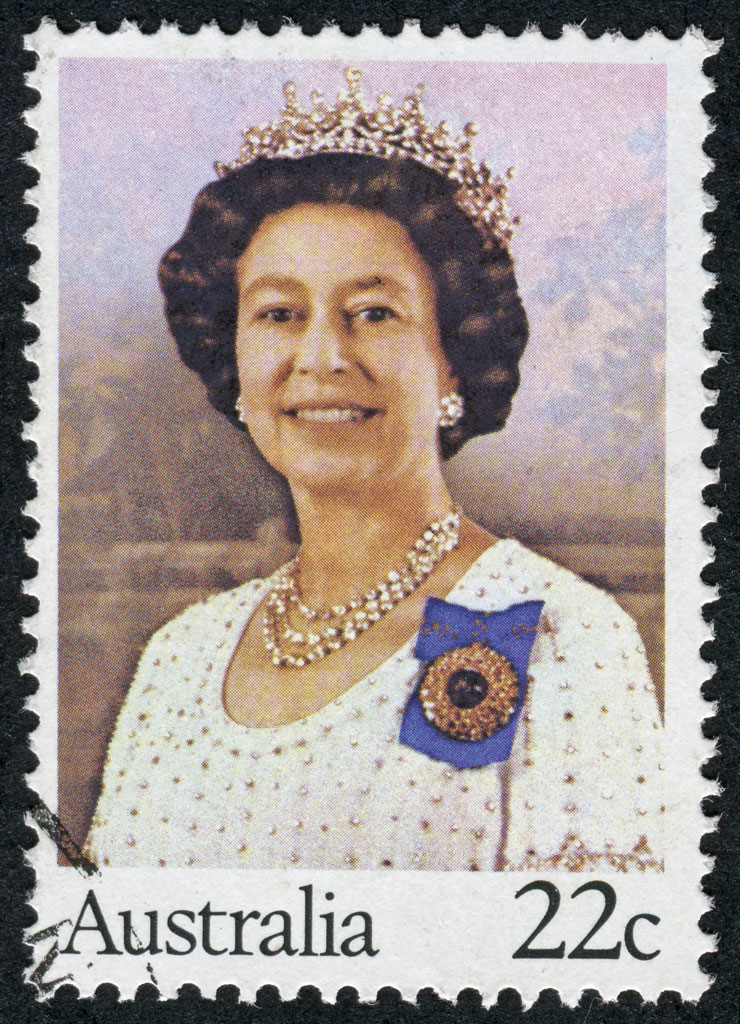
Michael Nash considers the history & complexities of the Commonwealth & salutes a fine British tradition
Titles are curious things. They come and go. Some seem permanent, others transitory or vainglorious, or, indeed, meaningless. The title King (or Queen) of France, for example, was borne by English and then British sovereigns long after control of any territory in France had disappeared. Only when sense prevailed at the Treaty of Amiens in 1802 was the title at last surrendered; it had had no meaning since 1558.
Such seemed to be the position in 1948, when the title ‘Emperor of India’ was given up, and there seemed to be a title vacuum, so to speak. India had become a republic but it wished to remain within what is now referred to as ‘The Commonwealth’, but what would be the relationship of the king to this body? Thus the title ‘Head of the Commonwealth’ was devised by the London Declaration of 1949, and King George VI was the first to bear this title. But what did it mean? What was the ‘Commonwealth’? Clearly, in the minds of most people, it comprised









